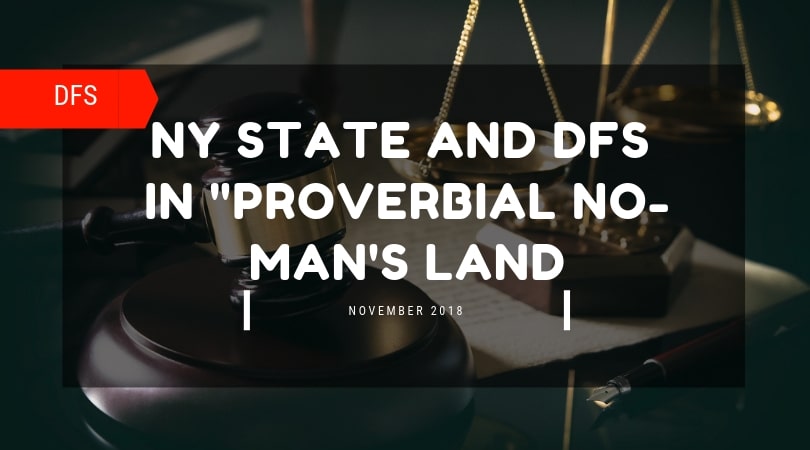Stadium Funding in Las Vegas Approved

News about the potential relocation of The Oakland Raiders, a professional American Football team, from California to Las Vegas, Nevada, has been making news for a while now. With all the uncertainties involved within the scopes of the move, the approval process is chugging along slowly; earlier this year, the Nevada Oversight Committee voted unanimously to recommend that USD 750 million in public funding would be directed towards the project and in order to raise the money they could increase the tax rates for hotel rooms in the city of Las Vegas. Shortly after the suggestion was made, on Friday, the 14th of October 2016, legislators from the state of Nevada manged to cast their votes and pass the bill.
Approval of the New Legislation
It had been already been established, earlier this year, that the 65,000 seat, domed venue would partially be financed by billionaire casino mogul, Sheldon Adelson; at the same time, the Southern Nevada Tourism Infrastructure Committee had suggested that raising the hotel tax rates in the city of Las Vegas would help them raise their share of the money to pay for the structure. Nevada State Lawmakers approved that legislation on Friday, the 14th of October 2016; this brings the potential relocation of the Oakland Raiders’ to Las Vegas a step closer to becoming a reality.
On Friday, a supermajority of Nevada lawmakers pushed the legislation to raise the hotel room tax in Clark County, which is where Las Vegas is located, through to the next stage. A final signature from the state governor would convert the bill into law and see the increased hotel room taxes take effect; Nevada Governor, Brian Sandoval, is to sign the bill in the week following the decision, in the city of Las Vegas.
Mark Davis, the owner of the Oakland Raider team, issued a statement after the legislature had been passed, which was then posted on the team’s webpage. He thanked the Nevada Governor and the committee that made the change possible.
He said, “I would like to thank Governor Sandoval, the Southern Nevada Tourism Infrastructure Committee, and the members of the Nevada Legislature on this historic day.”
He also added, “All parties have worked extremely hard to develop and approve this tremendous stadium project that will serve as a proud new home for the entire Raider Nation”
Oakland Raiders’ Relocation
The Oakland Raiders are a professional American Football franchise based in Oakland California. They began playing in 1960 as a member of the American Football League (AFL) and have been a member club of the National Football League (NFL) since the two leagues merged in 1970.
A move to Las Vegas would see the Raiders call a third different market home. Founded in Oakland, they played there for 22 years. The team played their first AFL season at the Kezar Stadium, which is located in San Francisco, California and their second season at Candlestick Park, also in San Francisco, California; Candlestick Park was an outdoor sports and entertainment stadium, originally built as the home of the San Francisco Giants, the local Major Baseball League team for San Francisco. The raiders them relocated to their temporary home, Frank Youell Field, and played their home games there between the years of 1962 and 1965, while the Oakland Alameda Coliseum was being built. The Oakland Alameda Coliseum then served as their home ground from 1966 till 1981.
The team was relocated to Los Angeles in 1982 and became known as the Los Angeles Raiders, where they called the sports stadium, Los Angeles Memorial Coliseum, home till their move back to Oklahoma after their 1994 season.
In 1995, the team moved back to their original home turf in Oakland and even went back to playing their home games at the Oakland Alameda Coliseum; however, their home site became uncertain after they played out their lease in Oakland last season.
With the expiry of their lease, talk about relocating to Las Vegas began. While the locals of the Vegas area have been very excited about the prospects of having their very own team to support, the government and the public of Oakland also seem keen on keeping their local team stationed at their existing location. However, with the passage of the new bill, it looks like the move to Nevada is inevitable for the team.
When National Football League owners voted to allow the Los Angeles Rams to move back to Los Angeles from St Louis at the beginning of this season, they gave San Diego a full year to decide if they wanted to join the team in LA, in the instance they cannot work out a deal for a new stadium in San Diego.
The National Football League owners told the Raiders that they could join the Rams in Los Angeles if the San Diego Chargers opt not to. Since then, however, Las Vegas put their weight behind trying to bring home an NFL team of their own to town. The effort has had support from business and civic leaders in Nevada, who are already prepared to welcome a National Hockey League expansion franchise, which is scheduled to play its first campaign in October next year.
The relocation would require the co-operation from many members of the NFL and Nevada Legislation; firstly, in order for the Oakland Raiders to be able to relocate to Las Vegas, three quarters of the 32 team owners at the NFL would all have to agree to the move.
Secondly, even the tax hike, which was finally approved on Friday by lawmakers in Carson City, Nevada, required a two- thirds vote in the 42- member state assembly; according to the Las Vegas Review Journal, 28 Democrats and Republicans voted in its favour, in the hopes that the NFL owners will approve a Raiders move. Till the very end, it was not clear if enough legislators would support the massive USD 1.9 billion project.
The vote followed the approval that came from the Nevada Tourism Infrastructure Committee, last month, to pledge USD 750 million in public funding to support the construction of the venue. The stadium is also to receive USD 500 million from the Raiders themselves and USD 650 million from billionaire casino owner, Sheldon Adelson, the Founder, Chairman and Chief Executive Officer at the Las Vegas Sands.










